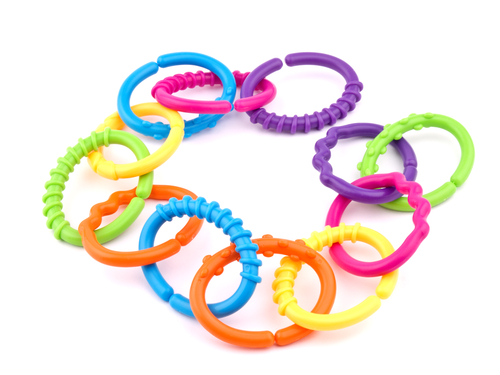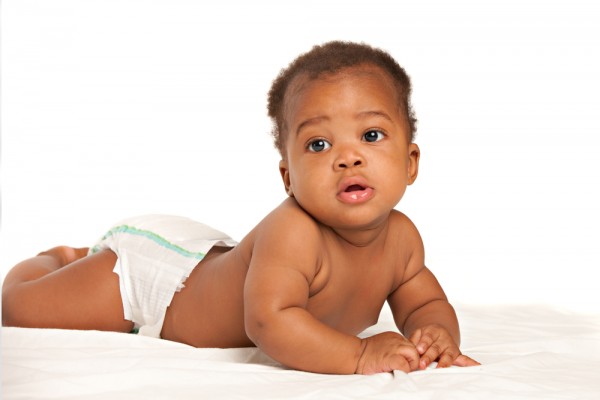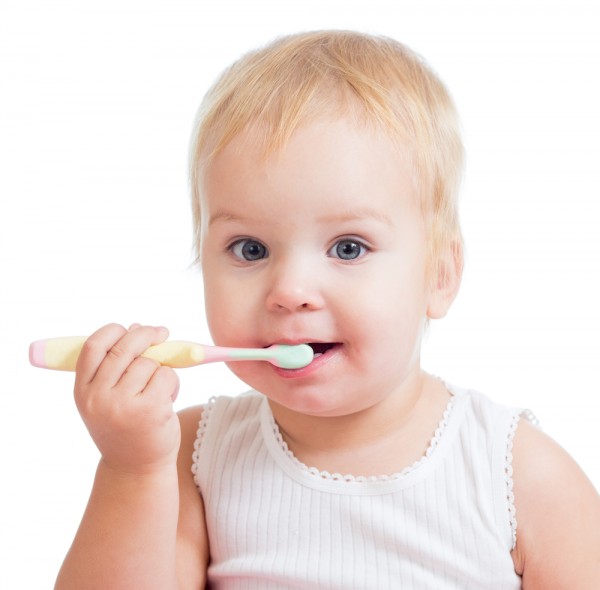PUBLISHED IN TCI WEEKLY NEWS
February 8th 2014
Even before a baby has teeth there are certain good practices that should be followed. Get into good habits early! When bottle feeding, infant formula, expressed breast milk or cooled, boiled water should be used. Sugar water, sweetened milk, or juice should not be given to an infant. These liquids are unsuitable as they encourage a sweet tooth as the child grows older.
An infant’s first tooth comes through at around 6 months. This is an average so if your child starts teething at 4 months or shows no sign of teeth at 10mths there is nothing to worry about. Teething is a common cause of discomfort for a baby and babies may experience symptoms such as excessive dribbling, irritability, restlessness, raised temperature or have a red or slightly swollen face. If your baby is unwell for any length of time, or shows more severe symptoms such as stomach upset, it is advisable to take them to see a dentist.

You can help your teething baby by
• giving your baby something hard to bite on, eg. a teething ring
• massaging the gums with a clean finger
• using teething gel which helps to gently sooth the pain
• using sugar-free, acetaminophen (Tylenol) or ibuprofen (Motrin) to help the pain
When the teeth are through it is important to limit the amount of time that they are in contact with any liquid that can cause tooth decay. This includes milk. Prolonged and frequent contact of sweet liquids from a bottle can cause what is known as ‘bottle caries’. This is dental decay identified specifically in young children caused by the sugary liquids drunk from a bottle damaging the enamel on the tooth surface. This is particularly likely if a baby is in the habit of going to sleep with a bottle in his/ her mouth.

As the parent you should start brushing a baby’s teeth daily as soon as they are fully through. Use a small, soft tooth brush and a small amount of a suitable fluoride toothpaste. A child’s first trip to the dentist is usually around 18mths- 2 years. This will just be a very simple check-up where the dentist will exam the child’s teeth and gums and gently polish the teeth. I aim to make it very relaxed and friendly to ensure that the experience is a positive not a scary one!
Do not see your child’s baby teeth as unimportant just because they will be replaced by adult teeth when the child is older. They play a vital role in enabling a child to eat, speak clearly, smile confidently and be healthy. If a child is not used to caring for their baby teeth it is almost guaranteed that they will not care for their adult teeth.